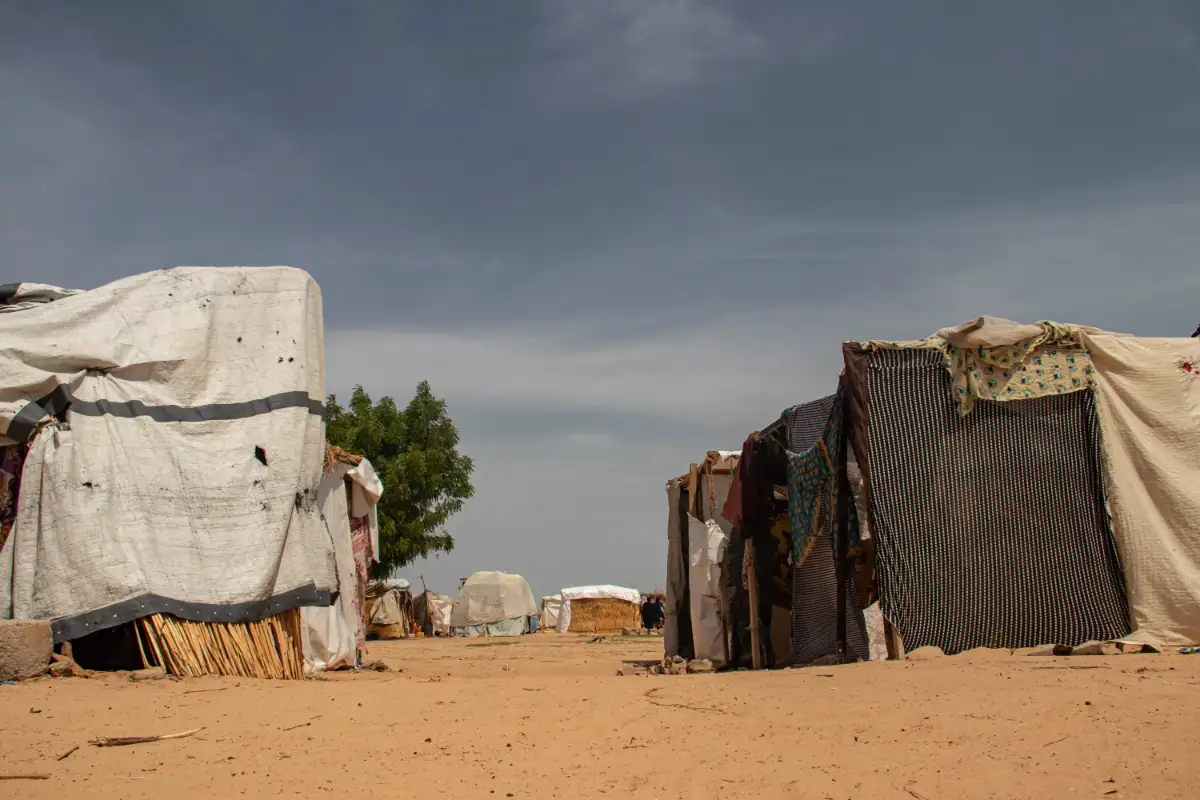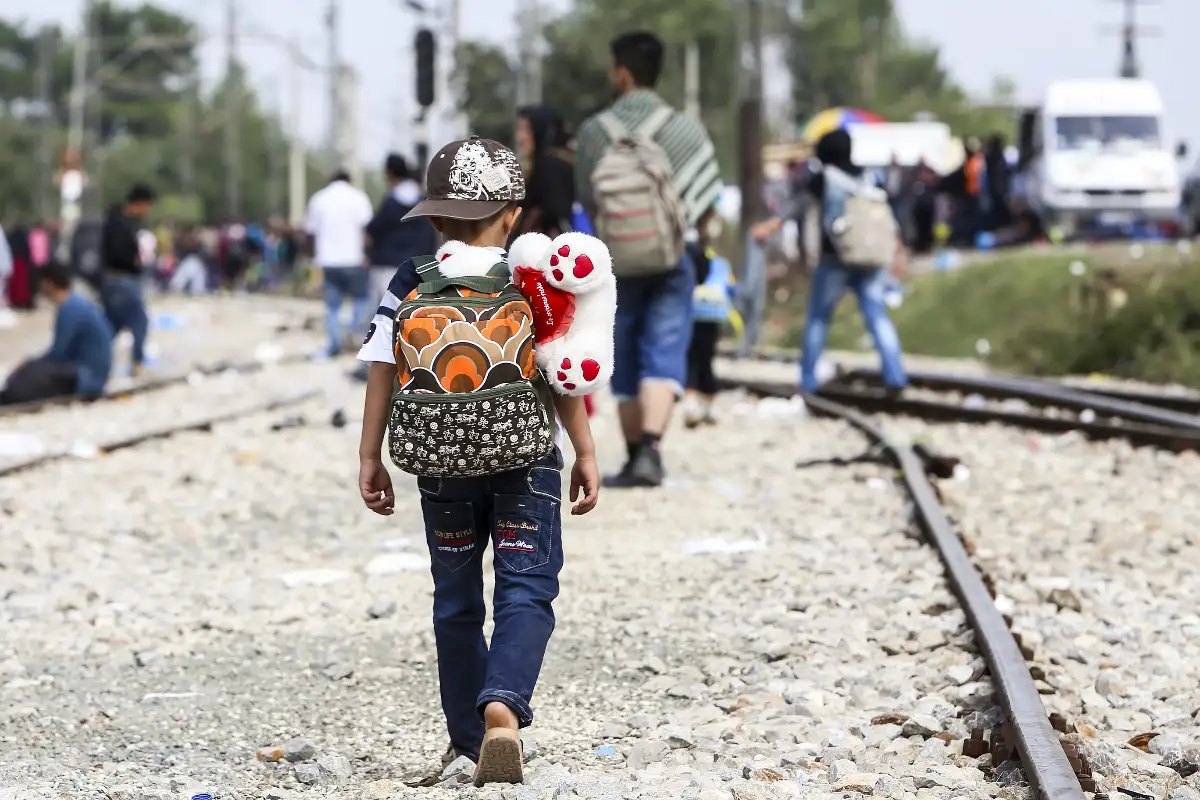Africa is facing an alarming surge in internal displacement due to conflicts, natural disasters, and socio-political tensions across various regions of the continent. Millions of people have been forced to leave their homes, triggering humanitarian crises that test the response capacity of governments and international organizations. This situation exacerbates the strain on essential services, affecting education, healthcare, and food security in host areas.
In response, numerous initiatives have been launched to provide immediate aid and rebuild affected communities. Reception centers, food distribution programs, and health campaigns are among the measures implemented in collaboration with non-governmental organizations and international agencies. Additionally, long-term projects have been introduced to not only offer relief but also develop infrastructure and prevention systems for future displacement crises.
Development and human rights experts warn that internal displacement in Africa reflects deep-rooted structural issues that require comprehensive solutions. International cooperation, along with sustained investments in education and healthcare, is crucial to reducing the vulnerability of these populations. With a coordinated and multidimensional approach, the crisis could be transformed into an opportunity to drive development and resilience in affected communities.



